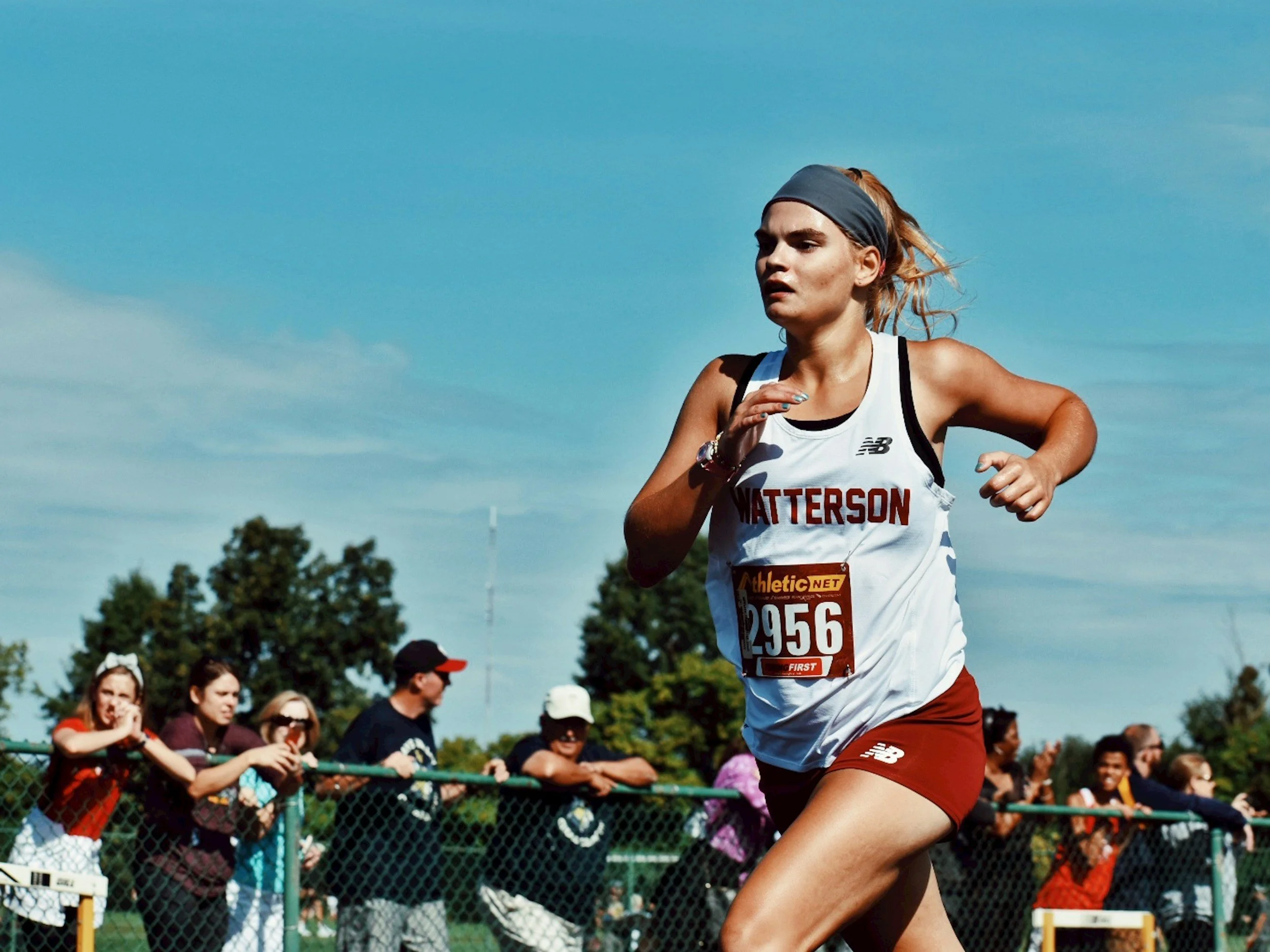101 - Nonprofit Hospital Illusion, Genetic Discrimination, and Microbial Athletic Edge - HealthHippieMD Week In Review
Long COVID: An Unsettling Puzzle
Long COVID, a widespread post-infection condition, affects millions globally, significantly impacting health and economies. Despite over 24,000 scientific publications, understanding still needs to be completed. The risk of long COVID has declined due to vaccines and viral changes, yet millions still suffer. It manifests in over 200 symptoms, from respiratory issues to neurological and metabolic disorders, severely impacting daily life and work. Recent studies suggest persistent viral presence and immune dysfunction as causes. Misleading public narratives downplay its threat, but data shows COVID-19 remains a severe and ongoing health risk.Long COVID puzzle pieces are falling into place – the picture is unsettling.
The Need for Genetic Discrimination Safeguards
The increasing popularity of genetic testing, with millions sharing their DNA for health and ancestry insights, raises critical concerns about genetic discrimination. Genetic data, often inadequately secured, poses risks if accessed by insurance companies or employers, leading to potential discrimination. This article highlights the ambiguity in defining genetic discrimination, drawing parallels to historical eugenics. Despite existing laws, varying definitions complicate protection efforts. Newer tests, like those measuring biological age, further complicate the landscape. Policymakers face challenges in creating robust protections, while individuals are urged to scrutinize data-sharing terms and understand their rights. Why we need safeguards against genetic discrimination | MIT Technology Review.
VR: The Body Image Game-Changer?
Virtual reality (VR) is emerging as a promising tool to tackle body image disturbances. These disturbances, often linked to eating disorders and body dysmorphic disorder, stem from faulty multisensory integration, leading to distorted body perceptions. VR-based "embodiment illusions," like the "rubber hand illusion," can trick the mind into feeling it inhabits a different body, potentially realigning these perceptions. Research shows that people with higher body image disturbance are more susceptible to these illusions, which can reduce perceptual distortions and negative emotions about body size and shape. While promising, further research is needed to understand the long-term effects and ethical implications. Can Virtual Reality Help Folks With Body Image Disturbance?
Dream Cuisine
Sleep deprivation affects about one-third of Americans, leading to severe health issues. However, improving sleep quality is achievable through specific dietary habits. Consuming foods rich in tryptophan, like turkey, fish, eggs, and nuts, combined with healthy carbs, can enhance melatonin production, promoting better sleep. Adopting a Mediterranean diet high in fiber, zinc, B vitamins, and magnesium can also aid sleep. Avoiding inflammatory foods such as sugary cereals and saturated fats is crucial. A consistent eating schedule and incorporating gut-friendly foods like yogurt and fermented items can further support restful sleep. 8 Eating Habits That Improve Your Sleep | TIME.
The Nonprofit Hospital Illusion
Many major nonprofit hospitals are barely charitable, maintaining tax-exempt status while running numerous for-profit ventures. They exploit legal loopholes, enjoy regulatory leniency, and engage in extensive lobbying to operate like big businesses yet avoid taxes. Their activities include owning for-profit insurers, venture capital firms, and hospitals abroad. Despite significant earnings, they report "operating surpluses" instead of profits. Critics argue these hospitals should lose tax benefits as their community contributions are minimal compared to the financial advantages they gain. The article calls for stricter regulations and more accountability to prevent such exploitation. Opinion | Many hospitals are nonprofit in name only, and get away with it - The Washington Post (gift article).
The Microbial Edge in Athletic Performance
Endurance athletes constantly seek ways to enhance their performance, often focusing on optimizing their mitochondrial health through rigorous training and precise nutrition. However, emerging research highlights the gut microbiome as a crucial yet overlooked factor in athletic excellence. The gut microbiome, a complex community of microorganisms, aids in nutrient absorption, immune function, and even communication with mitochondria. Elite athletes often exhibit unique microbiomes that directly impact performance and boost VO2 max and lactate thresholds. Integrating microbiome-friendly foods and probiotics into diets can significantly enhance endurance and recovery, presenting a new frontier in sports nutrition. Athletes looking for a competitive edge may find it within their gut microbiome.
Fun Fitness Challenges Await
7 Fitness Tests to Gauge Your Strength and Mobility - The New York Times (gift article) introduces seven fitness tests to assess strength, mobility, and overall fitness. These tests range from measuring flexibility and balance to evaluating power and VO2 max, catering to various fitness levels. The tests include simple activities like standing on one leg, gripping a bar, and rapidly getting out of a chair. They aim to provide a comprehensive snapshot of one's fitness, helping individuals track progress and set achievable goals. Whether you're training for a marathon or just curious about your fitness, these tests offer valuable insights and fun challenges.
Mind Over Matter
Advanced meditation is revolutionizing our understanding of consciousness. Neuroscientist Matthew Sacchet delves into the brain's behavior during deep meditative states. Unlike mindfulness practices for stress reduction, advanced meditation explores profound states of ecstatic bliss, deep insights, and compassionate experiences. Sacchet, who has meditated since childhood, uses a multidisciplinary approach to study these states, combining personal experiences, wisdom traditions, and empirical neuroscience. His research aims to unlock advanced meditation's potential for enhancing mental health and well-being and even integrating with psychedelics and AI for deeper consciousness insights. Altering Consciousness with Advanced Meditation | Scientific American.
Canines Catch Your Cortisol
Research from the University of Bristol reveals that dogs can detect human stress through scent, specifically the cortisol hormone in sweat. In the study, dogs were exposed to sweat samples from stressed and relaxed volunteers. The results showed that dogs became more pessimistic about ambiguous situations after smelling stress-induced sweat, suggesting they emotionally react to human stress. This emotional contagion between humans and dogs likely evolved for mutual survival benefits. The findings emphasize the profound empathetic bond between humans and their canine companions, highlighting the impact of human emotions on dog behavior. When Dogs Smell Your Stress, They Act Sad | Scientific American.

